Both sides when there’s only one
In his 2021 Nieman Lab prediction, C.W. Anderson detailed the dramatic shifts journalists made in response to the increasingly authoritarian President Trump. He asked: “…will it keep changing under Biden?” Sadly, it appears the answer is no. More than a dozen other predictions in this collection sound various alarm bells around the news media and their failure to defend democracy.
Though it survived an attempted coup and efforts by former President Trump and the Republican party to overthrow a democratically elected government, the United States’ democracy is in a dangerous backslide. For the first time, our country is on a list of those moving farther from democracy, toward authoritarianism. The report concludes that “democracy is resilient.” But democracy only works if we work it.
As Cornel West has pointed out, democracy is not a noun but rather a verb. “Democracy is not just a system of governance, as we tend to think of it, but a cultural way of being.” Culturally, we are moving away from democracy. As a dominant cultural and political force, the press stands to play a substantial role in our movement toward or from democracy. But under the familiar comfort of President Biden, the press has swiftly reverted to timeworn ways of reporting, despite flagrant and continued attempts by members of the Republican Party to dismantle our system of electoral democracy.
Academic approaches to the press fail to hold the news media accountable for its unique role in a democracy. Most academic studies of how the press covers politics try to understand the content through an informational lens (the substance of policy or issues) or a strategic lens (a game/strategy frame with winners and losers). These two models of reporting are positioned as foes, with considerably more normative value seen in the informational model. Instead of viewing political coverage through these frames, we should instead interrogate the role of the press in moving us closer to — or further from — democracy.
A democracy-centered frame values journalists who call anti-democratic acts what they are — and positions them within the democratic health of this nation, rather than as legitimate policy positions or as a winning/losing political strategy.
Why aren’t journalists already doing this? Certainly, most serious journalists would consider themselves ardent defenders of democracy. But the pernicious practice of objectivity allows journalists and their detractors to slip into a “both sides” model of reporting. This has made accountability journalism all too easy to criticize as biased — especially when holding those in power accountable for their attacks on democracy would result overwhelmingly in accounting for the authoritarian turn in the Republican Party.
But as academics, we can do more to support and encourage the press to defend democracy. A series of academic traditions — from sociology to political science to communication — study the role and workings of a press in societies and through that, find means to critique it. But our academic schemas fall short in conceptualizing what democracy-centered journalism might look like in practice. Scholars of the press have argued for a model of public journalism: press coverage that draws from, and at times is created in cooperation with, regular folks living in this country. Coverage like this would center citizens’ concerns rather than those of elected officials. But it would fail to meet this moment, where centering the concerns of millions of conservative Americans’ would only serve to legitimate lies and authoritarian tendencies.
Whether they center their reporting on elected officials or everyday Americans, journalists are faced with a nearly impossible choice when it comes to the Republican Party. Cover them, and you’re legitimating authoritarianism. Don’t cover them, and you give up a chance (however small) of breaking through to people or officials on the fence.
It doesn’t help that the Republican Party has, for decades, positioned journalists and the press as the enemy. The Trump era ignited attacks that have risen to alarming levels in both their frequency and brutality. Notably, a key aspect of identifying as a Republican is hostility toward the media. Add to this research that shows journalists may self-censor in countries experiencing democratic backsliding, leading to coverage that, even inadvertently, legitimates authoritarianism instead of democracy. As the U.S. joins the list of backsliding countries, democracy-centered journalism is vital.
So what can journalists do? And how can academics — especially those of us committed to public service — help?
As key pillars in a democracy and meaning-makers in culture, journalists must deliberately and diligently work toward democracy. They must “clearly and repeatedly” cover the Republican Party’s attempts to eviscerate the foundations of our democracy through voter suppression, minority rule via partisan gerrymandering, and putting election administration under partisan control, among many others.
Academics must also deliberately and diligently work toward democracy. We must avoid bothsidesism in attempts to appear “objective” from a scholarly perspective. We can band together to provide empirically based support for journalists during attacks on democracy.
Working toward democracy means academics and journalists alike must clearly and repeatedly position the Republican Party’s attempts to undermine our electoral democracy as authoritarian and anti-democratic.
Shannon C. McGregor is an assistant professor of communication at the University of North Carolina. Carolyn Schmitt is a graduate student at UNC’s Hussman School of Journalism and Media.

In his 2021 Nieman Lab prediction, C.W. Anderson detailed the dramatic shifts journalists made in response to the increasingly authoritarian President Trump. He asked: “…will it keep changing under Biden?” Sadly, it appears the answer is no. More than a dozen other predictions in this collection sound various alarm bells around the news media and their failure to defend democracy.
Though it survived an attempted coup and efforts by former President Trump and the Republican party to overthrow a democratically elected government, the United States’ democracy is in a dangerous backslide. For the first time, our country is on a list of those moving farther from democracy, toward authoritarianism. The report concludes that “democracy is resilient.” But democracy only works if we work it.
As Cornel West has pointed out, democracy is not a noun but rather a verb. “Democracy is not just a system of governance, as we tend to think of it, but a cultural way of being.” Culturally, we are moving away from democracy. As a dominant cultural and political force, the press stands to play a substantial role in our movement toward or from democracy. But under the familiar comfort of President Biden, the press has swiftly reverted to timeworn ways of reporting, despite flagrant and continued attempts by members of the Republican Party to dismantle our system of electoral democracy.
Academic approaches to the press fail to hold the news media accountable for its unique role in a democracy. Most academic studies of how the press covers politics try to understand the content through an informational lens (the substance of policy or issues) or a strategic lens (a game/strategy frame with winners and losers). These two models of reporting are positioned as foes, with considerably more normative value seen in the informational model. Instead of viewing political coverage through these frames, we should instead interrogate the role of the press in moving us closer to — or further from — democracy.
A democracy-centered frame values journalists who call anti-democratic acts what they are — and positions them within the democratic health of this nation, rather than as legitimate policy positions or as a winning/losing political strategy.
Why aren’t journalists already doing this? Certainly, most serious journalists would consider themselves ardent defenders of democracy. But the pernicious practice of objectivity allows journalists and their detractors to slip into a “both sides” model of reporting. This has made accountability journalism all too easy to criticize as biased — especially when holding those in power accountable for their attacks on democracy would result overwhelmingly in accounting for the authoritarian turn in the Republican Party.
But as academics, we can do more to support and encourage the press to defend democracy. A series of academic traditions — from sociology to political science to communication — study the role and workings of a press in societies and through that, find means to critique it. But our academic schemas fall short in conceptualizing what democracy-centered journalism might look like in practice. Scholars of the press have argued for a model of public journalism: press coverage that draws from, and at times is created in cooperation with, regular folks living in this country. Coverage like this would center citizens’ concerns rather than those of elected officials. But it would fail to meet this moment, where centering the concerns of millions of conservative Americans’ would only serve to legitimate lies and authoritarian tendencies.
Whether they center their reporting on elected officials or everyday Americans, journalists are faced with a nearly impossible choice when it comes to the Republican Party. Cover them, and you’re legitimating authoritarianism. Don’t cover them, and you give up a chance (however small) of breaking through to people or officials on the fence.
It doesn’t help that the Republican Party has, for decades, positioned journalists and the press as the enemy. The Trump era ignited attacks that have risen to alarming levels in both their frequency and brutality. Notably, a key aspect of identifying as a Republican is hostility toward the media. Add to this research that shows journalists may self-censor in countries experiencing democratic backsliding, leading to coverage that, even inadvertently, legitimates authoritarianism instead of democracy. As the U.S. joins the list of backsliding countries, democracy-centered journalism is vital.
So what can journalists do? And how can academics — especially those of us committed to public service — help?
As key pillars in a democracy and meaning-makers in culture, journalists must deliberately and diligently work toward democracy. They must “clearly and repeatedly” cover the Republican Party’s attempts to eviscerate the foundations of our democracy through voter suppression, minority rule via partisan gerrymandering, and putting election administration under partisan control, among many others.
Academics must also deliberately and diligently work toward democracy. We must avoid bothsidesism in attempts to appear “objective” from a scholarly perspective. We can band together to provide empirically based support for journalists during attacks on democracy.
Working toward democracy means academics and journalists alike must clearly and repeatedly position the Republican Party’s attempts to undermine our electoral democracy as authoritarian and anti-democratic.
Shannon C. McGregor is an assistant professor of communication at the University of North Carolina. Carolyn Schmitt is a graduate student at UNC’s Hussman School of Journalism and Media.
Christina Shih

Natalia Viana

Juleyka Lantigua

Shannon McGregor Carolyn Schmitt

Sam Guzik

Amy Schmitz Weiss

Jesse Holcomb

Jim Friedlich
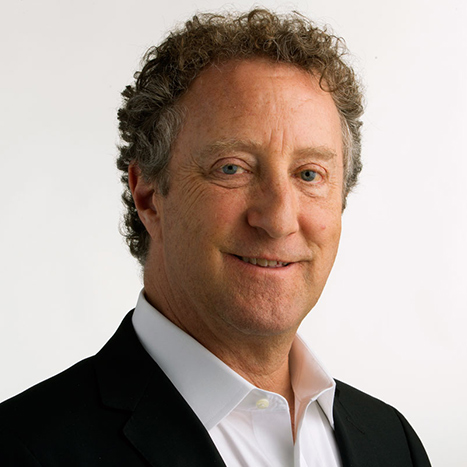
Ståle Grut

Wilson Liévano
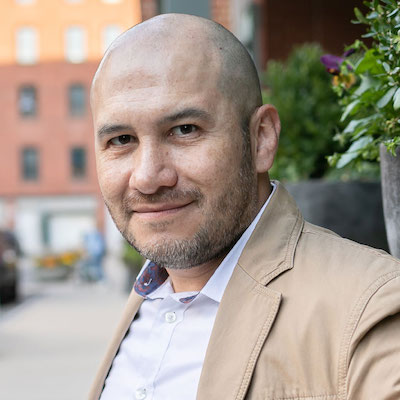
Tony Baranowski

Kerri Hoffman

Cindy Royal

Doris Truong
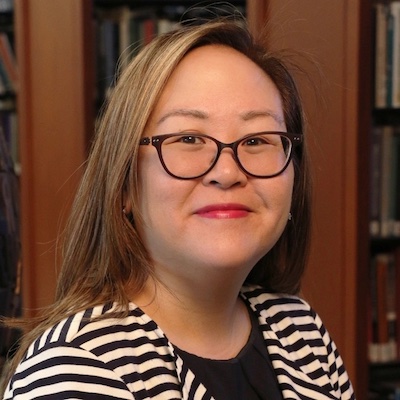
James Green

Sarah Marshall

Kathleen Searles Rebekah Trumble

Raney Aronson-Rath

Julia Angwin

Mary Walter-Brown

David Cohn

Tom Trewinnard

Ariel Zirulnick

Mandy Jenkins

Tamar Charney

Stefanie Murray

Janelle Salanga

Alice Antheaume

Catalina Albeanu

A.J. Bauer

Kristen Muller

Amara Aguilar

Melody Kramer

Cristina Tardáguila

Sarah Stonbely

Matt Karolian

Laxmi Parthasarathy

Victor Pickard

Simon Galperin

Chase Davis

Richard Tofel

Robert Hernandez
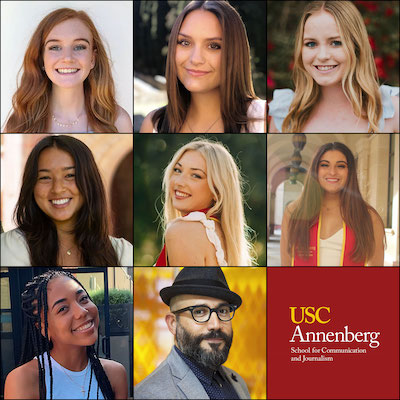
Eric Nuzum

Don Day

AX Mina

Jennifer Coogan

David Skok

Anika Anand

Andrew Freedman

Joe Amditis

Burt Herman
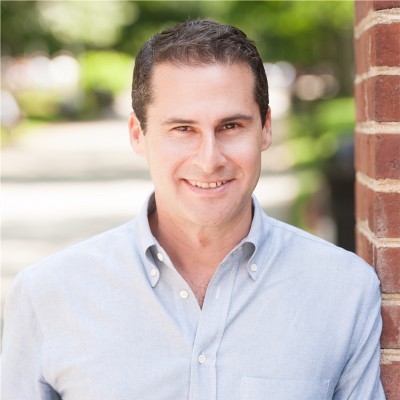
Jesenia De Moya Correa
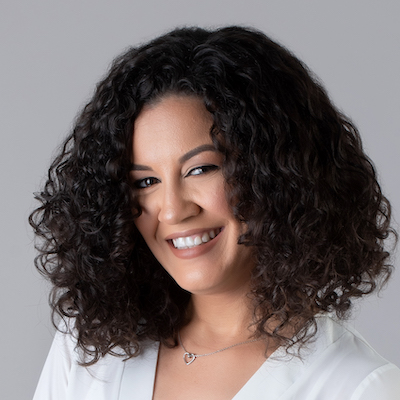
Gonzalo del Peon

Parker Molloy

Larry Ryckman

Michael W. Wagner

Meena Thiruvengadam
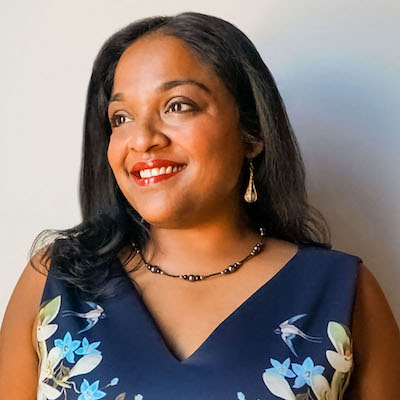
Chicas Poderosas

Jennifer Brandel

Matthew Pressman

Anita Varma

Joni Deutsch
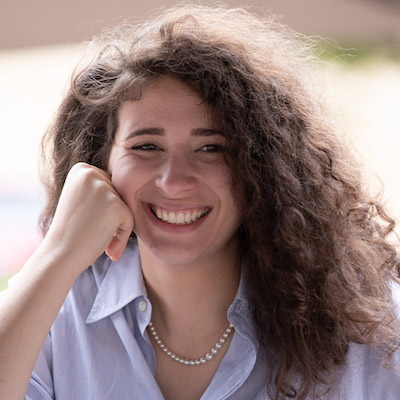
Jody Brannon

Shalabh Upadhyay
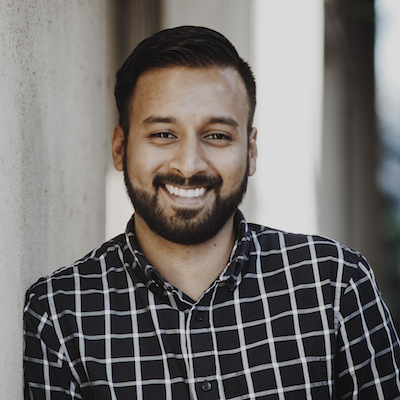
Joanne McNeil

Candace Amos
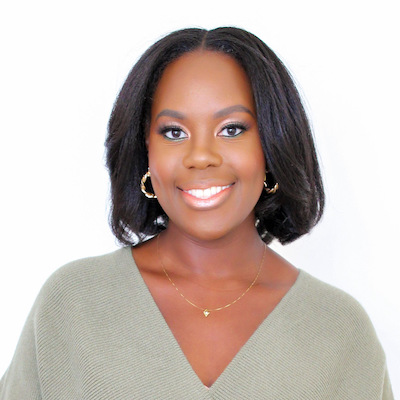
Julia Munslow

Mario García
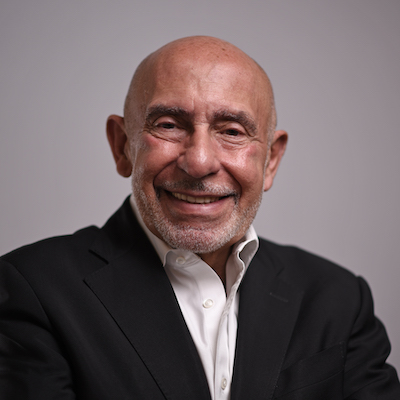
Kristen Jeffers
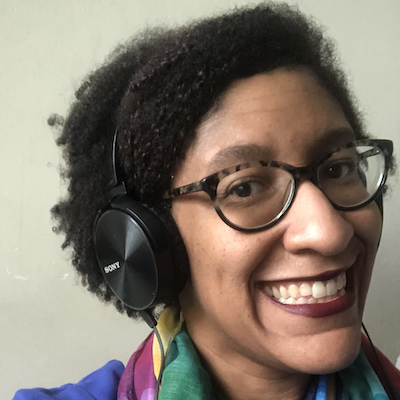
Rasmus Kleis Nielsen

Millie Tran

S. Mitra Kalita
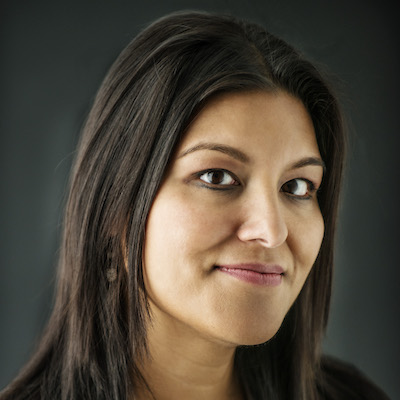
Nikki Usher

Francesco Zaffarano
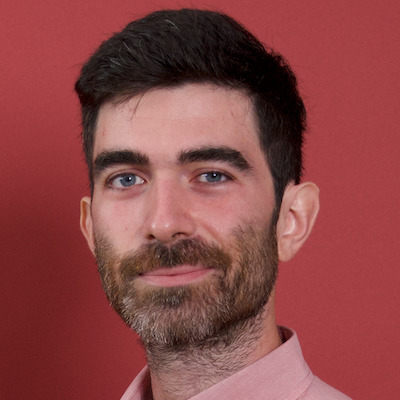
Daniel Eilemberg

Errin Haines

Mike Rispoli
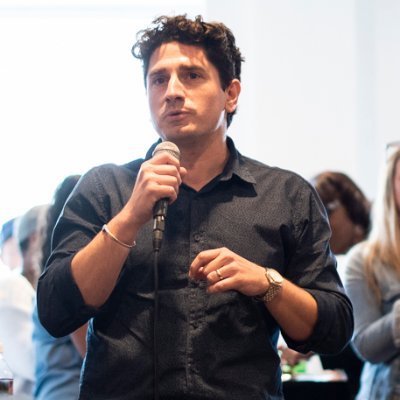
John Davidow

Kendra Pierre-Louis

Paul Cheung

Joy Mayer

Cherian George
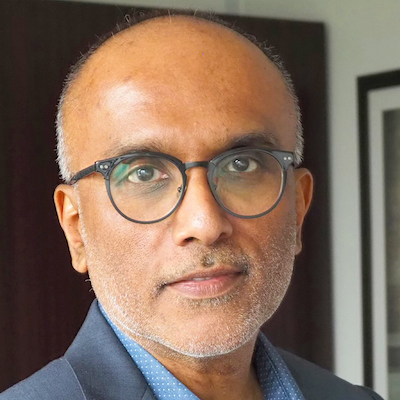
Anthony Nadler

Megan McCarthy

Joshua P. Darr

j. Siguru Wahutu
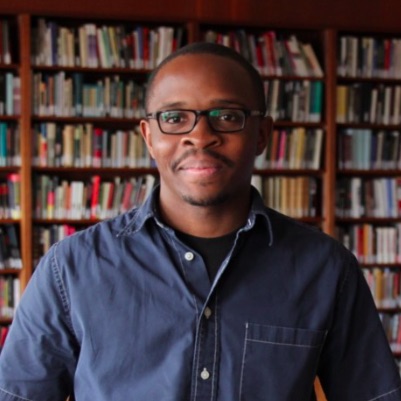
Gabe Schneider

Matt DeRienzo

Moreno Cruz Osório

Simon Allison

Gordon Crovitz

Izabella Kaminska

Stephen Fowler

Jonas Kaiser

Rachel Glickhouse

Zizi Papacharissi

Christoph Mergerson
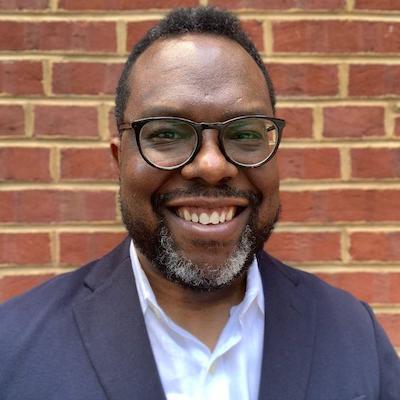
Brian Moritz

Whitney Phillips

Jessica Clark
